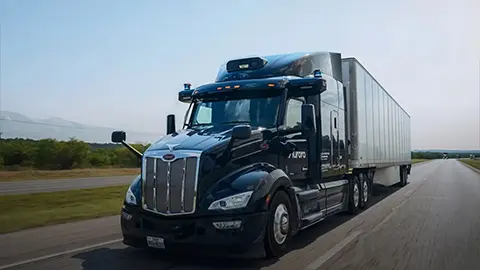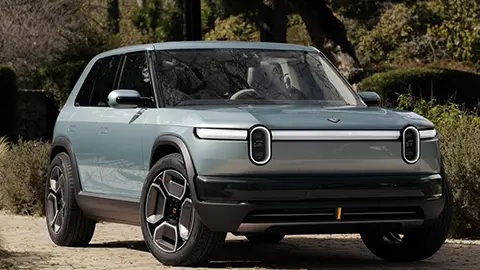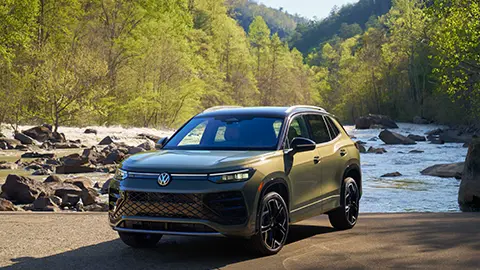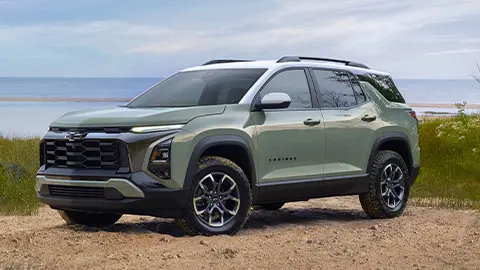Research Suggests Limitations on Synthetic Fuels
In the race to achieve zero emissions around the world, e-fuels have been promoted as a tool to make internal combustion carbon-neutral, thereby “greening” the large existing fleet of gasoline vehicles on the road. Synthetic fuels produced with renewable energy such as wind power could potentially let gasoline engines run without producing carbon dioxide.
But a report recently released by European lobby group Transport & Environment suggests that, even at the oil industry’s most optimistic production estimates, synthetic fuels may only be able to fill up 2% of the internal combustion cars on European roads. The group suggests that synthetic fuels are a way for oil companies, and engine makers, to delay the transition to other zero-emissions technologies.
Yoann Gimbert, an e-mobility analyst at Transport & Environment, said: “E-fuels are presented as a carbon-neutral way to prolong the life of combustion engine technology. But the industry’s own data shows there will only be enough for a tiny fraction of cars on the road.”
Indeed, T&E says the petroleum industry’s forecast for e-fuel production in the European Union shows that, at best, e-fuels could fuel about 2% of the fleet of internal combustion vehicles on the continent by 2035, or 5 million of 287 million vehicles on the road. Many European countries have already passed legislation mandating zero-emissions sales by that year. The lobby group says that e-fuel production, therefore, simply won’t be enough to let gasoline engines pass as zero-emissions.
Furthermore, T&E says the oil producers’ production forecasts are not clear on what percentage of e-fuels would be produced using only renewable electricity and CO2 captured directly from the air. If the production numbers include carbon captured from industrial emitters, they are not truly emissions-free.

Transporting E-Fuels Creates Its Own Issues
The lobby group notes that its estimates are based solely on production in Europe. Many e-fuel projects are underway in other parts of the world, most notably in South America. However, transporting and importing carbon-neutral fuels from one region of the world to another would create significant emissions as well, and their carbon-neutrality would require the transportation to also be zero-emissions. Taking e-fuels from other countries would also delay efforts in less developed economies to decarbonize their own transport and power sectors.
It's also worth noting that e-fuels are not truly emissions-free. While they can in theory achieve zero CO2 emissions, they do still produce NOx emissions like other fossil fuels. E-fuels also remain expensive to produce, and will remain so for some time – putting them at an even greater disadvantage to electric vehicles, which offer substantial savings per mile compared to conventional gasoline.
One area where e-fuels may have an important role to play is in larger vehicles like transport trucks, ships, and planes, most of which cannot use batteries to decarbonize. Adding enough battery power to these types of transport would make them too heavy to be able to carry significant payloads, so e-fuels would enable them to run using existing technology, while reducing their CO2 emissions.

E-Fuels Will Be One of Many Tools to Reduce Impact of Transportation
What does all of this mean? While e-fuels are an interesting and promising technology for some purposes, they will not be the savior of the internal combustion engine. Together with hybrid technology, battery power, and other new developments, e-fuels will be one of many tools to help reduce the climate impact of transportation.
With over 250 million vehicles on the road in the U.S., and zero-emissions vehicles currently accounting for around 5% of new-vehicle sales, it will take decades for the entire fleet to be replaced. Those decades will be interesting ones as several technologies, including e-fuels, will find their specific niches in the mix as we head towards carbon neutrality.
To learn more about global sustainability efforts, explore GreenCars Research.
















